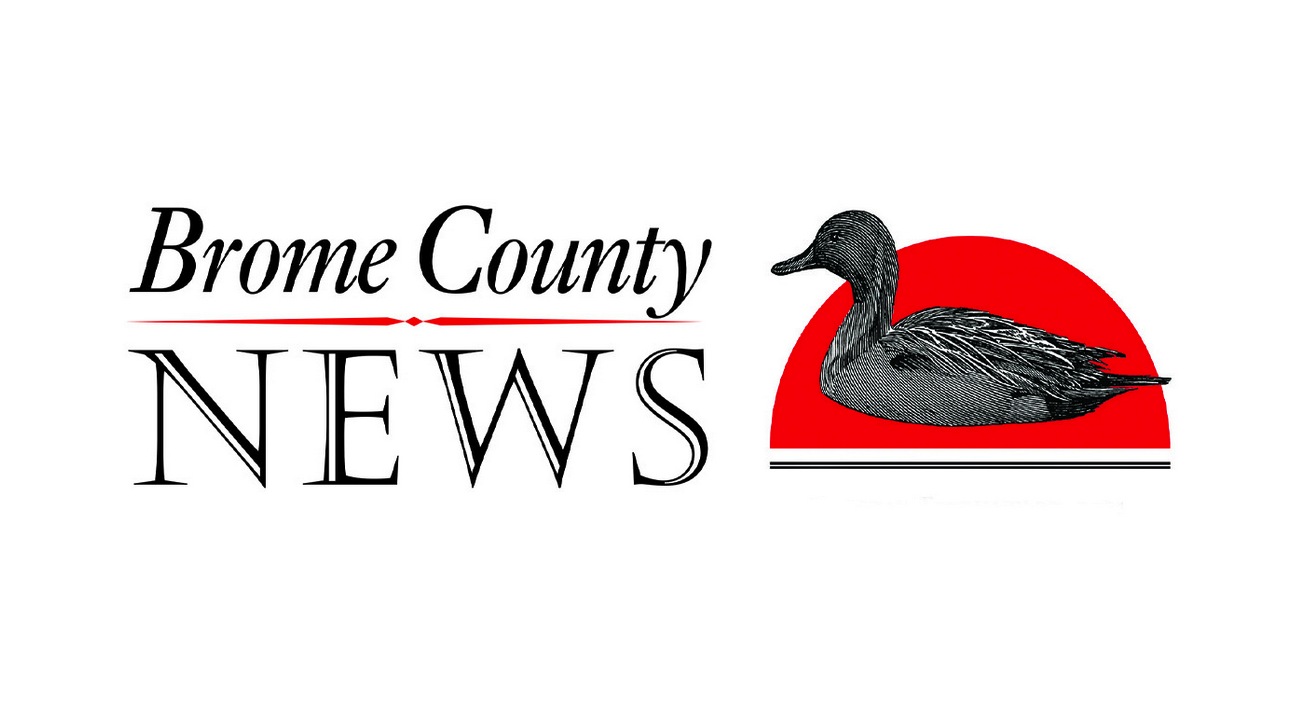By Lawrence Belanger
Local Journalism Initiative
Government officials belonging to federal, provincial, and municipal bodies met on Feb. 20, as part of an informal “roundtable” of officials along Lake Memphémagog to discuss the construction of a chemical treatment plant in Vermont that risks polluting the drinking water of the Eastern Townships. Known as the Table de concertation du lac Memphrémagog, the group was formed after environmental activists on both sides of the border won a moratorium on allowing landfill leachate into the Lake via the Newport wastewater treatment facility. The lake supplies the drinking water for approximately 170,000 Townshippers in and around Sherbrooke.
“The elected members of the Table welcome the fact that the ban on discharging leachate, even pretreated, into the Lake Memphremagog watershed will be maintained for the duration of the pilot project, and recognize the relevance of this knowledge acquisition process,” read a press release sent after the meeting.
Per and Polyfluoroalkyl Substances (PFAS), dubbed “forever chemicals” due to their longevity in the natural environment, have been linked to harmful health effects in animals and humans, such as decreased fertility, increased risk of cancer, and developmental effects in children. PFAS is believed to interfere with the body’s natural hormones.
The meeting came as activists at Memphrémagog Conservation Inc. (MCI) were growing increasingly frustrated at the lack of any official response to the permit issued by the Vermont state government for an experimental chemical pretreatment plant at the site of the Coventry landfill and dump, which is near the lake. State officials are interested in the viability of the technology and Casella representatives maintain that the treatment plant will remove enough PFAS to be safe to dump into the water table.
Last week, MCI released a statement denouncing the inaction from the roundtable, demanding that the Québec and Canadian environment ministers, as well as elected representatives, do more to oppose the treatment plant’s construction.
“The ‘Law on the treaty on international boundary waters’ is not enforced,” read MCI’s statement. “This law, promulgated by a treaty signed over 100 years ago, clearly stipulates that one country cannot pollute the other.” MCI maintains that Canadian Environment minister, Steven Guilbeault, has the authority to act based on this and the “precaution principle,” which is the idea that if a product, action, or policy has a suspected risk of causing harm to the public or environment, protective action should be supported before there is complete scientific proof of a risk.
The letter specifically criticized the Quebec provincial government for not taking advantage of Vermont’s legal procedures, which allowed the province to appeal the issuance of the permit before Feb. 10. MCI previously released a statement on Jan. 23 announcing it and DUMP’s (their American counterparts) own appeal in the Vermont Environmental Court, and asked for support, stating that “Canadian elected officials are the only ones from our side of the border with the financial means to force respect for our fundamental rights for pure water, and are accountable for the results.”
The Record tried to get a hold of representatives from the roundtable last week, but was unable to get a comment before press time. Staff at Compton-Stanstead MP Marie-Claude Bibeau’s office directed comments towards Gilles Bélanger, the MNA for Orford, stating that he was the leader and spokesperson of the roundtable. Emails to his office went unanswered and phone calls unreturned.
However, the following day, the MNA’s office released a statement expressing the roundtable’s “concern” that once the pilot project concluded, the leachate treatment will be done in Newport, which is in the Lake Memphremagog watershed.
“In an ideal world, we would like to see the moratorium become permanent,” said Belanger in the statement.
The potential that leachate containing even trace amounts of these chemicals could one day be released into the lake is unacceptable to environmentalists like Johanne Lavoie, President of MCI. Reached by phone for comment regarding the roundtable’s press release and meeting, Lavoie was unimpressed with the response.
“What I saw in the release was only facts, everything that [MCI has] been talking about for years. I didn’t learn anything in this,” said Lavoie. Rather than simply wishing for a moratorium to be made permanent, she wants to see from them a specific goal and plan to do so, and reiterated they needed to apply the “precautionary principle”.
“There was a Radio-Canada article about PFAS across the province,” stated Lavoie, indicating to her that this was an important issue, and she lamented that in the case of Magog and Sherbrooke, a known source of PFAS was not being addressed.
“We have an opportunity to take a known source of pollution away from the watershed,” yet it appears that the roundtable is content to adopt a “wait and see” approach to the chemical treatment plant.
Gilles Belanger is quoted in the roundtable’s press release as saying, “although the discharge of leachate into the Lake Memphremagog watershed is not authorized at this time, we are concerned that at the end of the moratorium in 2026, the Vermont authorities will deem the demonstration of safety of the leachate treated by the pilot plant to be sufficient and that it can be discharged again into our watershed.”
“We will closely monitor the technology selection and results of the pilot plant to ensure that it covers the broadest range of contaminants possible.”
Lavoie wants to see the group meet again soon, in order to make a specific plan and set a goal to make the moratorium permanent. “They’re saying they hope the moratorium will be forever, so that should be their goal,” she explained.
According to Marie-Josée Cornay, office director for Gilles Belanger, because of the informal nature and volunteer basis of the group, meetings of the group are not open to the public, nor are any meeting minutes taken. It meets “as needed,” with no minimal frequency, and as of yet there are no resolutions passed by its members.



